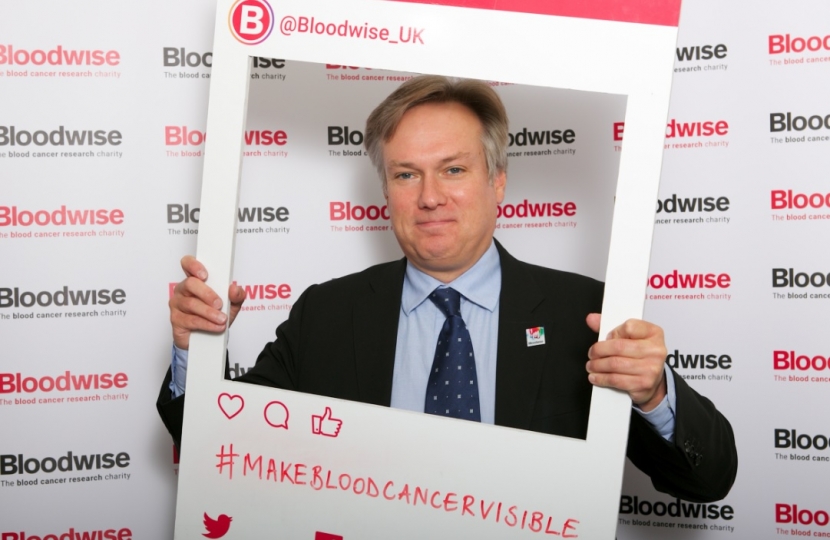
If you wake up with night sweats, have experienced bruising or bleeding recently, or are suffering from persistent, recurrent or severe infections, you may not think that you actually have symptoms of cancer.
Over a third of UK adults (39 per cent) had at least one of these or a range of other symptoms that could have been blood cancer in the last year, but didn’t see a doctor.
In most cases the cause won’t be anything serious. However, these are just some of the symptoms of blood cancer, the UK’s fifth most common cancer but the nation’s third biggest cancer killer.
More than two thirds of adults (69 per cent) polled by Bloodwise ahead of this September’s Blood Cancer Awareness Month believed their symptoms were either trivial, or would go away by themselves.
Just over one in ten (11 per cent) thought that a doctor wouldn’t take their concerns seriously. With one in three patients diagnosed with blood cancer having had to see their GP three or more times before being referred, the All-Party Parliamentary Group on Blood Cancer is committed to raising awareness of the symptoms among patients, the public and medical staff.
Last year we published a report which recommended enhanced support for GPs’ education and training to increase knowledge of blood cancer symptoms.
Our Group is also looking at what happens after patients are diagnosed. Following the success of the 100,000 Genomes Project, NHS England have launched a new Genomic Medicine Service.
Genomics is the study of the genome – all 3.2 billion letters (or ‘bases’) of a person’s DNA. With approximately 20,000 genes within a person’s genome, these are akin to the instructions for making the proteins our bodies are built from; ranging from the antibodies that protect us from infections, to the keratin in our hair and fingernails.
All cancer has a genetic basis caused by mutations, or changes, to the genome. The tumour cells of a person with cancer have developed a different genome to healthy cells. If we can better understand these differences, we can better understand diseases such as cancer.
Therefore, the APPG’s next inquiry will focus on genomic medicine in blood cancer. We aim to explore the benefits and challenges of genomic medicine for patients, and where the NHS will be in a decade’s time by the end of its Long-Term Plan.
We’ll analyse how to get from the existing landscape to where we want to be in 2029, particularly on issues such as ensuring greater knowledge of genomics amongst medical professionals.
Genomic medicine will provide benefits to both the biomedical research community and individual patients; potentially offering a more accurate diagnosis, and in turn, appropriate treatments and access to clinical trials.
It’s right that this country leads the way in the use of such innovation, indeed the NHS will be the world’s first healthcare system to systematically introduce whole genome sequencing into routine healthcare.
To ensure blood cancer patients receive the maximum benefit afforded by genomic medicine, this new service must be fit for purpose and integrated seamlessly into the wider NHS.
Henry Smith MP
Henry Smith is Member of Parliament for Crawley and Chair of the All-Party Parliamentary Group on Blood Cancer



